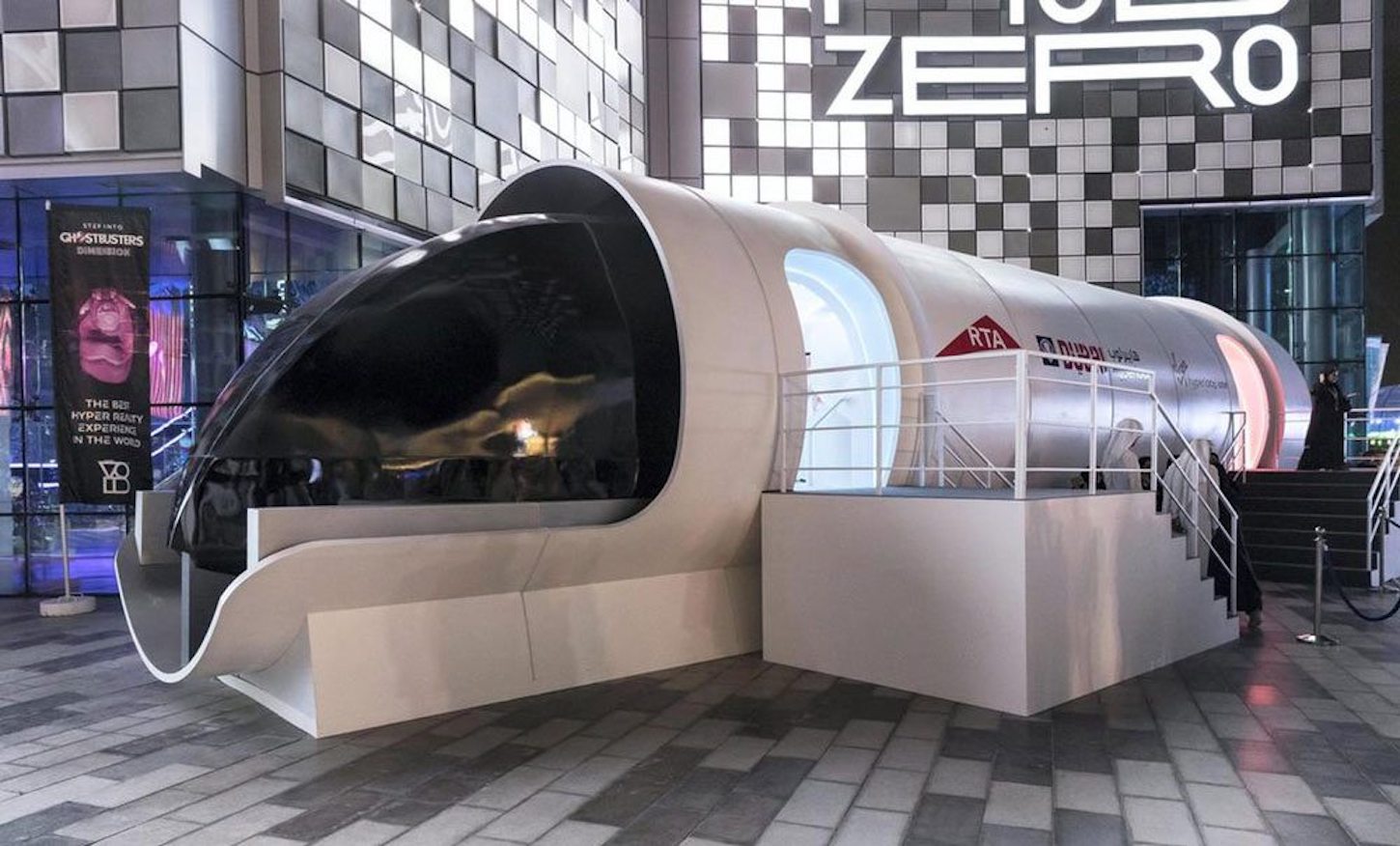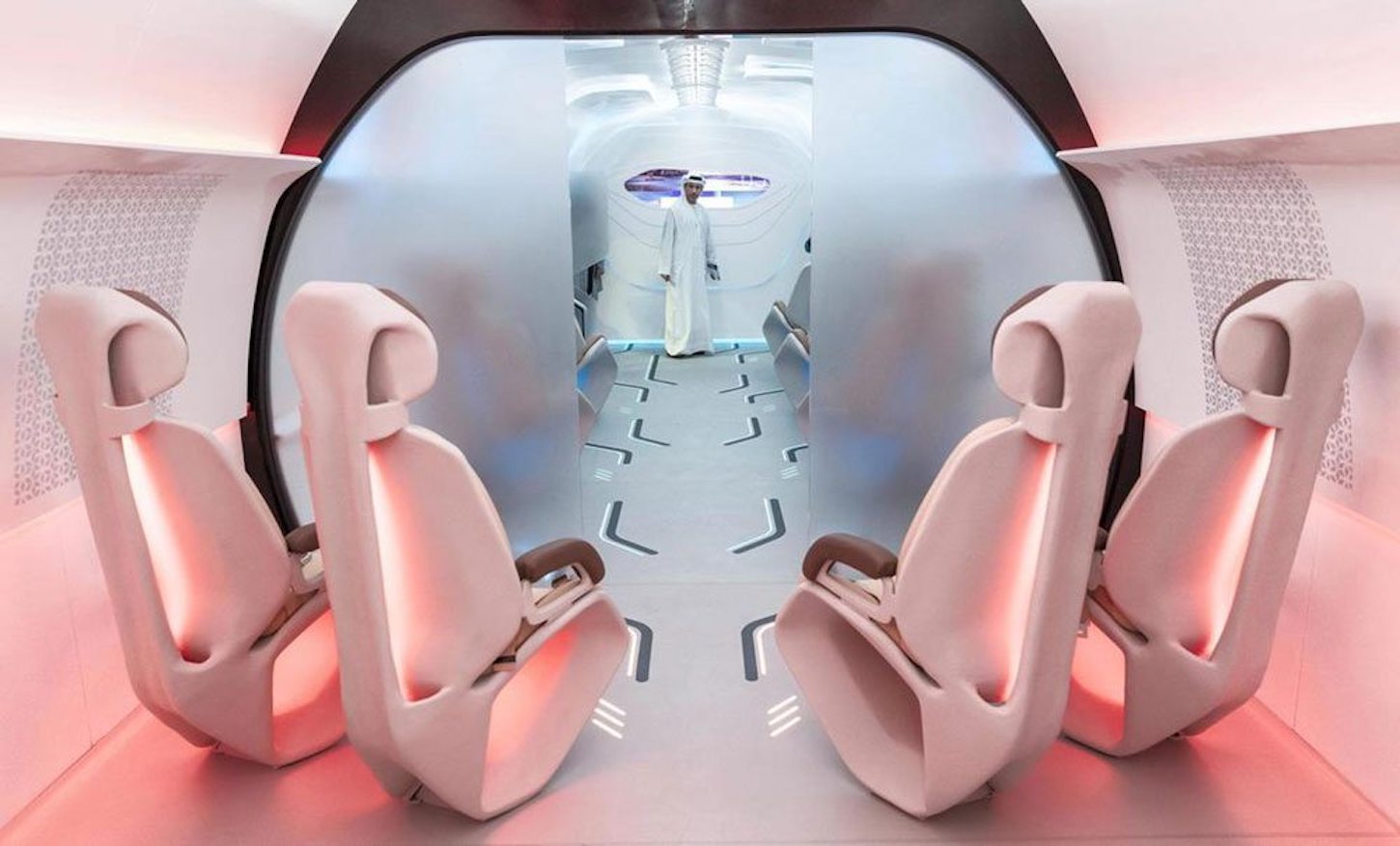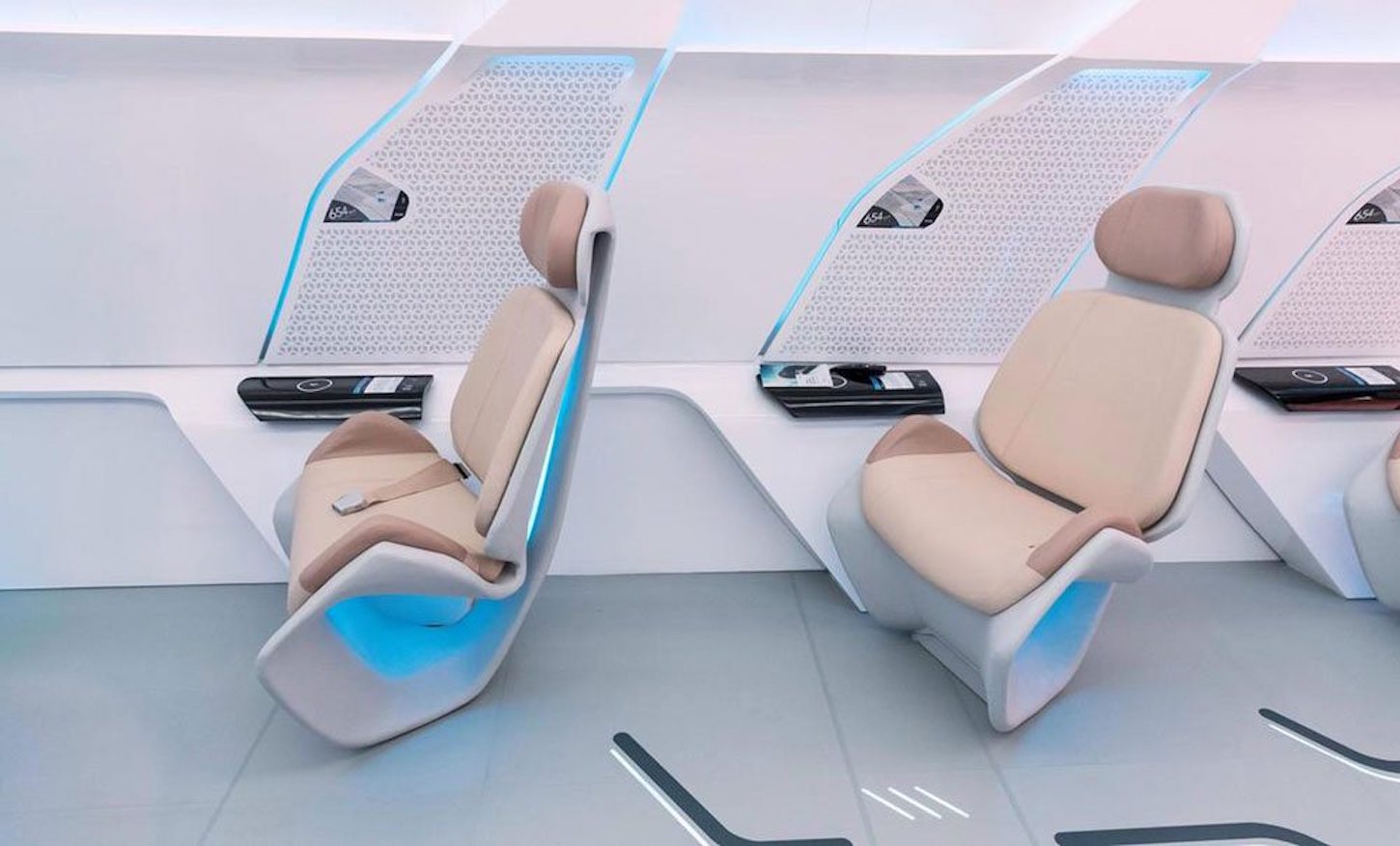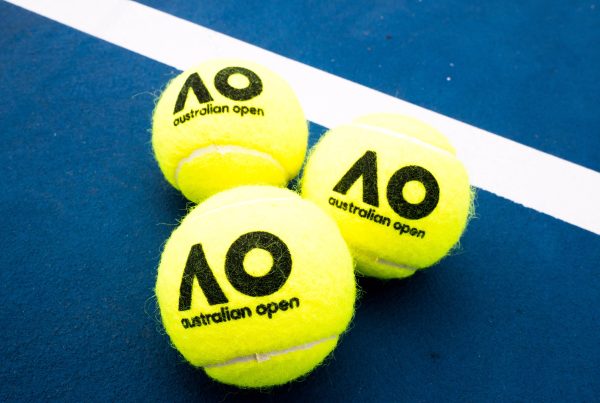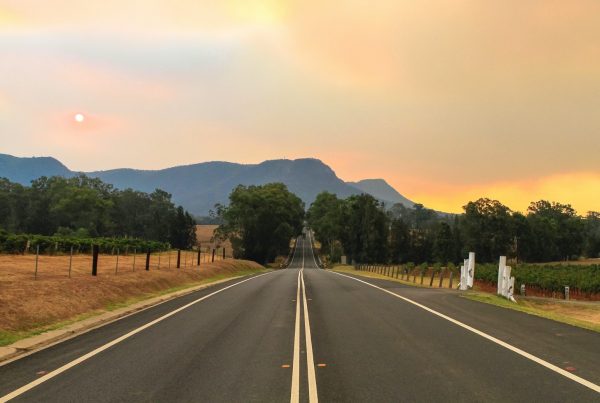Virgin is answering the need for speed by unleashing a futuristic prototype of pods to carry passengers at speeds of up to 1200kmh when it launches its Hyperloop service in Dubai.
Hyperloop is almost ready
The future of high-speed commutes is a step closer with Hyperloop’s low friction design meaning passengers in Dubai will be able to travel the 140km between the city and Abu Dhabi in 12 minutes, a trip that usually takes about an hour and a half by car or three hours (including travel to and from airports) by air.
The concept pods give a first look of the luxury inside the futuristic transport vehicles, which could be launched as soon as 2020.
D’Marge reports guests at the unveiling were treated to a futuristically-lit cabin accommodating up to 10 people. As a completed service, the Hyperloop One project will look to ferry up to 10,000 passengers per hour to and from Dubai.
Inside the pod it’s akin to something you might otherwise see in a futuristic movie. Beautifully sculpted seats and “even soft blue and red neon lighting slathered throughout the space to reinforce the fact that passengers are sitting in something a bit more special than business class”, according to the D’Marge website.
High-speed commuting is almost here
Virgin Hyperloop One, the futuristic transportation concept inspired by Elon Musk, expects to double money it has raised from investors that may include pension and sovereign wealth funds who will help anchor agreements in Saudi Arabia, the UAE and Europe, its chief executive Rob Lloyd said recently in a report run in The National adding “we are continuing to talk to investors around the world, we continue to see those investors as having strategic alignment to the company’s next three-year phase of commercialising the technology and actually building the version that will be deployed”.
The company welcomed Sir Richard Branson as its chairman late last year and the popular billionaire announced a similar project in Mumbai recently, a landmark agreement to potentially connect the Indian city of Pune with Mumbai in a multi-billion-dollar 140km hyperloop route. The area is populated by 26 million people.
The proposed hyperloop in India is expected to reduce travel time between the two cities to 25 minutes from three hours. The initial stage which entails a feasibility study is three years while the time to complete the project is seven. India is on track to be the first place where Hyperloop is likely to be commercialised.
Book your Accommodation with CT Connections


